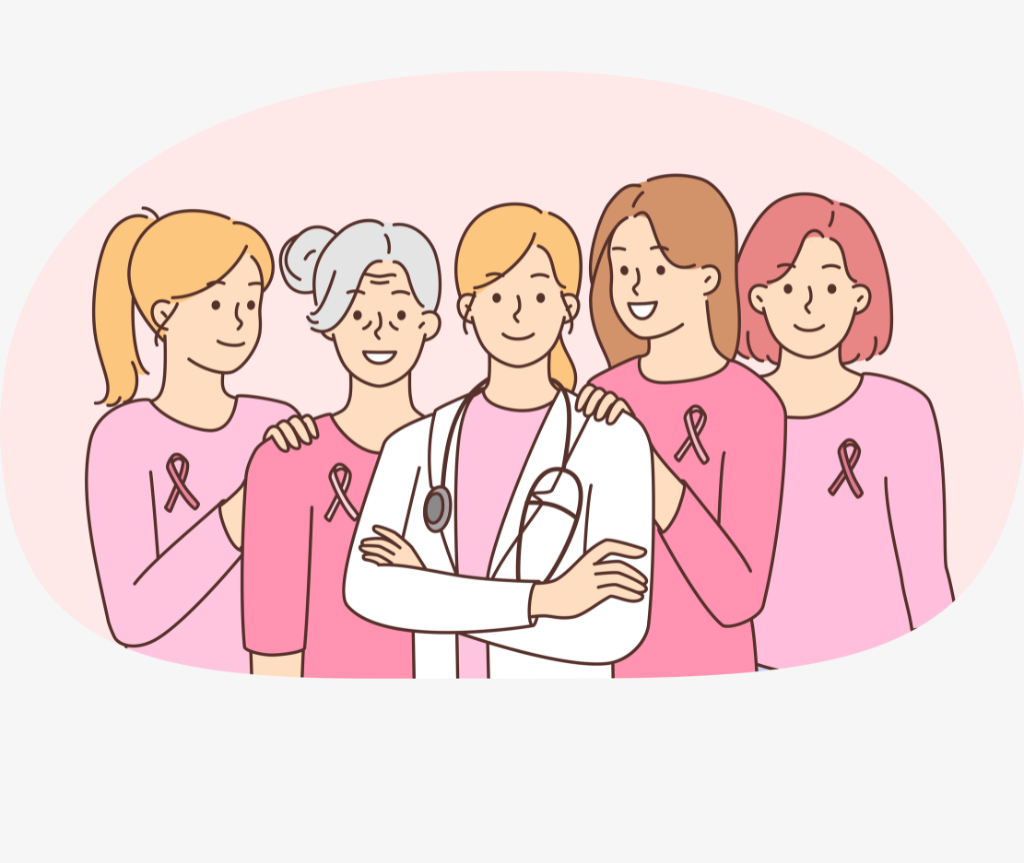Cancer is one of those words that instantly makes most people pause. It’s a diagnosis that touches nearly every family in some way — and while it can feel random or frightening, understanding what shapes your risk gives you real power.
Some risk factors, like age or genetics, are out of your control. But others — the everyday choices that shape how your body functions — are firmly within your reach.
This guide breaks down the main factors that influence your cancer risk and the practical steps you can take to lower it, one habit at a time.
What Actually Influences Cancer Risk?
At its core, cancer begins when something goes wrong in the DNA that controls how your cells grow and divide. Over time, these small errors can add up, turning normal cells into abnormal ones that grow uncontrollably.
But cancer doesn’t appear out of nowhere. It’s usually the result of many influences that build up over years — a mix of your genes, environment, and lifestyle choices.
1. Genetics — Your Biological Blueprint
Your family history tells part of your story. If your mum, dad, or siblings have had certain cancers, it might mean you share genetic variants that increase your own risk.
For example, mutations in the BRCA1 or BRCA2 genes can dramatically raise the risk of breast and ovarian cancer. If you know cancer runs in your family, speaking with your doctor about genetic testing can give you valuable clarity — and time to act early.
2. Age — Time and Cellular Change
Ageing is one of the strongest risk factors for cancer. More than eight in ten cases are diagnosed in people over 50. It’s not because of age alone, but because our cells have had more time to collect tiny bits of DNA damage. The body’s repair systems have more work to do as the years go by.
3. Lifestyle — The Daily Choices That Matter
What you eat, how much you move, and the habits you repeat each day have a deep effect on your cells.
Smoking, carrying extra weight, eating ultra-processed foods, or sitting for long stretches can all increase inflammation and hormonal imbalance — conditions that help cancer thrive.
The good news? Changing even one of these things can start tipping the balance back in your favour.
4. Environment — What You’re Exposed To
From sunlight to pollution, your environment also plays a part. Ultraviolet rays from the sun and tanning beds can damage the DNA of skin cells, leading to mutations over time. Radon gas, certain workplace chemicals, and air pollution can have similar effects.
Small Steps That Protect You
Think of prevention as an investment in your future self. You don’t have to overhaul your life overnight — every positive change counts.
- Quit smoking. Even if you’ve smoked for years, your risk begins to drop within months of quitting. The body is remarkably good at healing once the damage stops.
- Stay at a healthy weight. Fat tissue can alter the behaviour of hormones and trigger inflammation. Aiming for a BMI between 18.5 and 24.9 is a valuable guide, but how you feel in your own body matters too.
- Move with purpose. Just 30 minutes of walking a day adds up to the 150 minutes of weekly activity recommended for cancer prevention. Movement helps regulate blood sugar levels, reduce stress, and strengthen the immune system.
- Eat colourfully. Fill half your plate with vegetables and fruit — their antioxidants help neutralise the DNA damage that can lead to cancer. Add whole grains, beans, nuts, and olive oil for a balanced diet.
- Drink mindfully. Alcohol is linked to several cancers, especially breast and liver cancer. If you drink, limit it to one unit per day for women, two for men, and have alcohol-free days in between.
Protect your skin. A broad-spectrum SPF 30+ is your best defence. Pair it with a hat, shade, and skipping tanning beds altogether.
These actions don’t just lower cancer risk — they boost your energy, mood, and long-term vitality.
Understanding Your Personal Story
Your personal risk isn’t just about lifestyle. It’s shaped by who you are and the history written into your DNA.
- Age and gender: Some cancers, such as prostate and breast, are influenced by hormones and naturally more common in one sex.
- Ethnicity: Certain genetic backgrounds are associated with higher risks for specific cancers. For example, African-Caribbean men face a higher risk of prostate cancer, while some Jewish populations are more likely to carry BRCA gene changes.
- Medical history: Chronic inflammation, diabetes, or infections like hepatitis can subtly increase long-term cancer risk.
Family history: If several relatives were diagnosed with the condition before the age of 50, your doctor may recommend earlier or more frequent screening.
It’s not about fear — it’s about foresight. Knowing your risks helps you make informed choices today that can impact tomorrow’s outcomes.
The Bottom Line
You can’t change your genes or your age, but you can change the environment in which your body lives. Every meal, every walk, every skipped cigarette — they all add up to lower risk and better health.
Understanding your cancer risk isn’t a warning; it’s an invitation to take control. With knowledge, small habits, and the proper medical guidance, you can protect your body and live longer, stronger, and with greater peace of mind.



